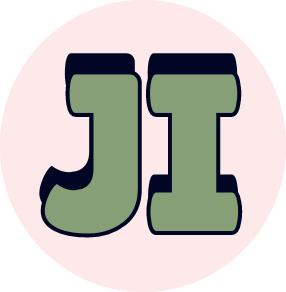
About Me
Hi everyone! My name is Julia Ishibashi. I am a third-year Computer Science student interested in algorithms and math! Outside of my academic life, I love playing golf, spending time by the beach, and watching the sunset!
One experience that has influenced my educational journey has been my use of various open learning sources. I have learned almost all programming languages through Udemy and YouTube.
Interest in Open and Distributed Learning
I am interested in open and distributed learning because it provides an environment where learners can learn at their own pace, and knowledge and resources are widely accessible. For example, if I come across a topic in algorithms or math that sparks my curiosity, I can immediately find lecture videos or websites to delve deeper into. I like that when I have my little questions or interests, I can learn about them right away without waiting for a scheduled class or relying on textbooks.
Current Digital Tool for My Learning
I currently use GitHub as a digital tool for my education, not only to submit assignments but also to manage projects and collaborate with my team. On top of that, the professional aspect of it is that I have a GitHub link on my resume so recruiters have instant access to my code and projects. I also use GoodNotes to manage all my class notes and textbooks. I used to be a fan of paper notebooks, but after switching to GoodNotes, I find it extremely convenient to quickly refer back to my notes. Plus, I can search for words even in my handwritten notes. Additionally, I frequently use Google Docs, especially when sharing documents with my teammates.
Understanding and Importance of Digital Literacy
With the advent of ChatGPT and other conversational AI, the ability to find and evaluate appropriate information is needed more than ever. In the article “WHAT IS DIGITAL LITERACY AND WHY IS IT IMPORTANT?“[1] , mentions the tips for improving digital literacy with digital tools as, staying on top of new technological advances, focusing on the technologies and platforms that benefit you most, adopting a lifelong learning mindset, taking online courses, and asking for help when you run into difficulties. In addition, it is essential to develop critical thinking skills to determine the reliability of information sources and to make informed decisions. Increasing digital literacy is becoming essential in this world of digitization.
Learning Experiences in Open or Distributed Contexts
Actually, I am currently taking an open learning class at Thompson Rivers University in addition to my classes at UVic. This is my second time taking an open learning class at TRU, and while it can be challenging because there is not anyone readily available to ask questions (like a professor or TA), I find it empowering to seek out my own study materials in addition to the textbook. Despite the difficulties, I believe having the flexibility to complete the course quickly or take my time over six months is a significant advantage. To supplement my learning, I have watched many videos on YouTube explaining the same topics. This experience has taught me how to be self-directed in my studies and utilize various online resources to deepen my understanding of the material.
[1] U. MARKETING, “What Is Digital Literacy And Why Is It Important? – University of the Potomac,” University of the Potomac, Oct. 26, 2022. https://potomac.edu/what-is-digital-literacy
